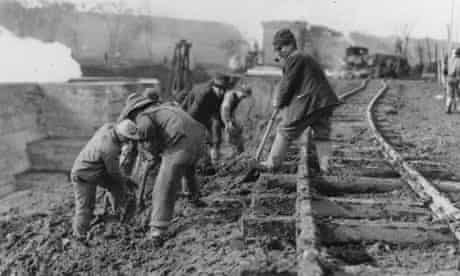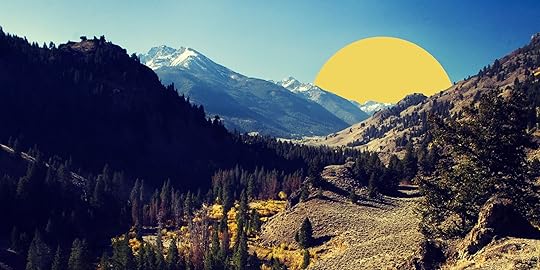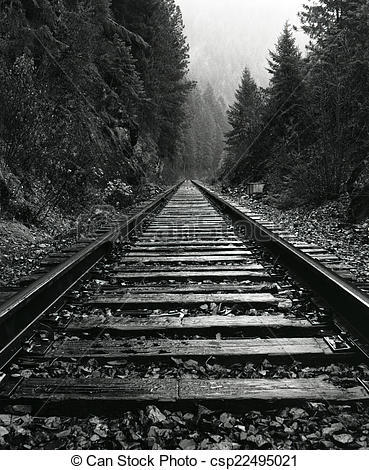What do you think?
Rate this book


116 pages, Paperback
First published January 1, 2002
’ It had gutted the valley along its entire length like a campfire in a ditch. All his life Robert Grainier would remember vividly the burned valley at sundown, the most dreamlike business he’d ever witnessed waking— the brilliant pastels of the last light overhead, some clouds high and white, catching daylight from beyond the valley, others ribbed and gray and pink, the lowest of them rubbing the peaks of Bussard and Queen mountains; and beneath this wondrous sky the black valley, utterly still, the train moving through it making a great noise but unable to wake this dead world.’The land is as much of a character as Grainier himself, living and breathing across the pages and imposing its deadly will upon the men that try to tame it. The land takes on mythical proportions as a force stronger that man, progression, and even refusing to bow to word of God. ‘If the Lord had failed to protect even the book of his own Word, this proved to Grainier that here had come a fire stronger than God.’
’The Kootenais, wedded as they were known to be to pagan and superstitious practice, would fall pray completely to Satan. Before the matter ended, only fire and blood would purge the valley…
But these were the malicious speculations of idle minds, and, when the election season came, the demons of the silver standard and the railroad land snatch took their attention, and the mysteries in the hills around the Moyea Valley were forgotten for awhile.’




